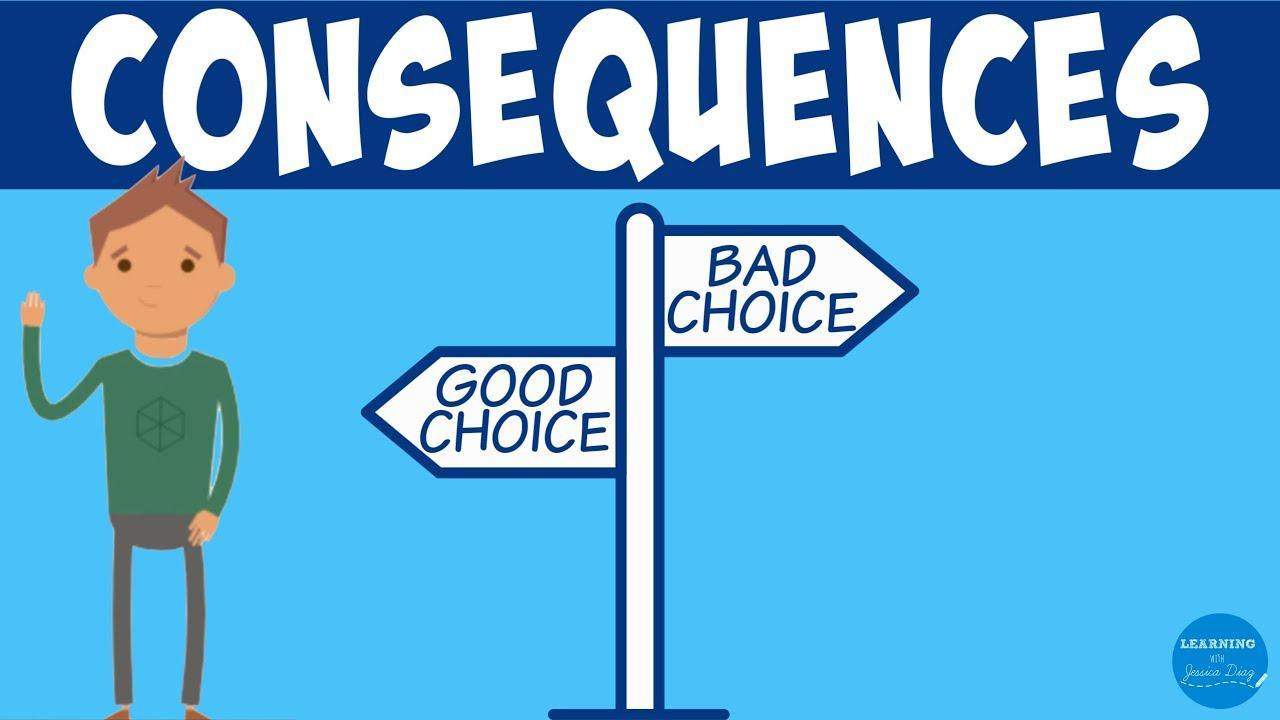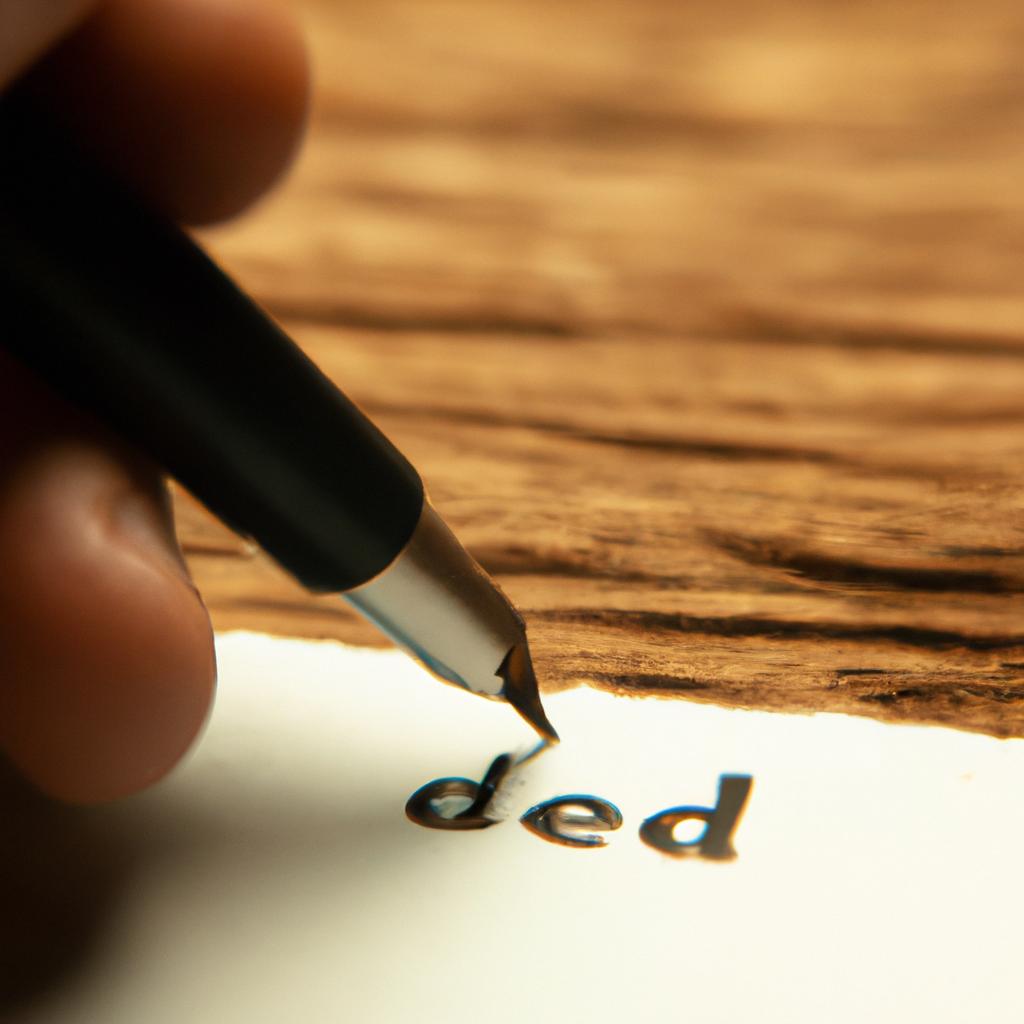Creating a Will: The Importance and Implications
When contemplating our own mortality, the concept of drafting a will may not always be at the forefront of our minds. Nonetheless, the repercussions of failing to create a will can be significant for those left behind. In the unfortunate event of someone passing away without a will in place, the distribution of assets and resolution of affairs can become a complex and burdensome process. Let’s explore the intricacies of what happens when someone dies without a will, and the potential impact it can have on those closest to them.
Consequences of Dying Without a Will
When someone passes away without a will, also known as dying intestate, their estate is distributed according to the laws of the state where they lived. This can result in a number of consequences for their loved ones, including:
- Uncertainty: Without a will, there may be confusion and disputes among family members over who should inherit what.
- Delays: The probate process can be lengthy and costly when there is no will in place, causing delays in distributing the assets to the heirs.
- No Control: The deceased has no say in how their assets are distributed, which may not align with their wishes or intentions.
In order to avoid these consequences, it is important for individuals to create a will outlining their wishes for the distribution of their assets. By taking the time to plan ahead and consult with a legal professional, individuals can ensure that their assets are distributed according to their wishes and minimize the potential for disputes among family members.
Distribution of Assets Without a Will
When someone passes away without a will, their assets are distributed according to the laws of intestacy in their jurisdiction. This means that the state will determine who inherits the deceased person’s property based on a predetermined hierarchy of beneficiaries.
In most cases, the deceased person’s spouse and children are the first in line to inherit their assets. If there is no surviving spouse or children, other relatives such as parents, siblings, or more distant relatives may be entitled to a share of the estate. If no relatives can be found, the assets may escheat to the state.
The distribution of assets without a will can be a complex and time-consuming process, as the court will need to verify the identities of all potential beneficiaries and determine the fairest way to divide the estate. It is always advisable to create a will to ensure that your assets are distributed according to your wishes and to avoid any conflicts or disagreements among your loved ones after you pass away.
Importance of Creating a Will
Not having a will can create a lot of uncertainty and stress for your loved ones after you pass away. Without a will, the distribution of your assets will be left up to the laws of your state, which may not align with your wishes. This can lead to family disputes, delays in the distribution of assets, and additional expenses.
Creating a will ensures that your assets are distributed according to your wishes. It allows you to designate who will inherit your property, financial assets, and personal belongings. A will also allows you to name a guardian for any minor children, specify funeral arrangements, and even provide for the care of your pets.
Having a will in place can provide peace of mind for both you and your loved ones. It ensures that your wishes are carried out and can help prevent misunderstandings or legal challenges. Taking the time to create a will now can save your family a lot of heartache and confusion in the future.
Steps to Take When Someone Dies Without a Will
When someone passes away without a will, it can create confusion and uncertainty for their loved ones. However, there are steps that can be taken to navigate this situation and ensure a smooth process moving forward.
First and foremost, it is important to determine who the legal heirs of the deceased individual are. This can typically be done by consulting with a probate lawyer or contacting the local probate court. Once the legal heirs have been identified, the estate can be distributed according to the laws of intestacy in the state where the individual resided.
Next, it is crucial to gather all necessary documents and information related to the deceased individual’s assets and liabilities. This may include bank statements, property deeds, and any outstanding debts or bills. Having all of this information organized and readily available will make the probate process much easier.
Furthermore, it may be beneficial to work with a probate lawyer or estate administration professional to help navigate the legal complexities of distributing an estate without a will. They can provide guidance on the proper steps to take and ensure that the estate is distributed in accordance with the law. Ultimately, while dealing with the death of a loved one is never easy, taking these proactive steps can help ensure that their estate is handled properly and their wishes are respected.
To Conclude
In the uncertainty of life, it is always important to plan for the future. While the prospect of writing a will may not be the most joyful task, it can ensure that your final wishes are carried out and alleviate stress for your loved ones during a difficult time. When someone passes away without a will, their estate is left vulnerable to complex laws and potentially contentious disputes. By taking the time to create a will and outline your wishes, you can provide peace of mind for yourself and those you care about most. So, don’t delay – start planning for the future today. Your loved ones will thank you for it.
 The Consequences of Dying Without a Will – All You Need to Know
The Consequences of Dying Without a Will – All You Need to Know
Find out why it’s important to have a will and what can happen if you pass away without one. Learn about the repercussions for your loved ones and how to avoid potential conflicts.
The Consequences of Dying Without a Will
Introduction
When it comes to estate planning, having a will in place is crucial. A will is a legal document that outlines how you want your assets to be distributed after you pass away. Unfortunately, many people put off creating a will, thinking they have plenty of time to do so. However, dying without a will can have serious consequences for your loved ones and your estate.
Why Having a Will is Important
Having a will is essential for several reasons. Firstly, it allows you to specify who will inherit your assets after your death. Without a will, the distribution of your estate will be determined by the laws of intestacy in your state, which may not align with your wishes. Additionally, a will can appoint guardians for minor children, specify your funeral wishes, and designate an executor to handle your estate.
The Consequences of Dying Without a Will
If you pass away without a will, your estate will be subject to the laws of intestacy. This means that the distribution of your assets will be determined by state law, which may not align with your wishes. Some of the consequences of dying without a will include:
- Your assets may be distributed to relatives you did not intend to inherit
- Your loved ones may face lengthy and costly legal proceedings to settle your estate
- Minor children may be placed into the care of the state until a guardian is appointed
- Potential disputes among family members over the distribution of assets
How to Avoid Potential Conflicts
To avoid the potential conflicts that can arise from dying without a will, it is important to create a comprehensive estate plan. This includes drafting a will, designating beneficiaries for your retirement accounts and life insurance policies, and creating a durable power of attorney for healthcare decisions. By taking the time to plan ahead, you can ensure that your wishes are carried out and minimize the stress for your loved ones.
Case Studies
Let’s take a look at a couple of real-life examples to highlight the importance of having a will:
| Case Study 1 | Case Study 2 |
|---|---|
| A man passes away without a will, leaving behind a spouse and children from a previous marriage. His assets are distributed according to state law, leaving his current spouse with less than expected. | A woman dies without a will, leaving behind a large estate. Her family members disagree on how to divide the assets, leading to a lengthy court battle. |
Benefits and Practical Tips
Creating a will not only ensures that your assets are distributed according to your wishes but also provides peace of mind for you and your loved ones. Here are some practical tips for creating a will:
- Consult with an estate planning attorney to ensure your will is legally valid
- Update your will regularly to reflect any changes in your circumstances or wishes
- Communicate with your family members about your estate plan to avoid surprises
Firsthand Experience
I have seen firsthand the importance of having a will in place. My grandmother passed away without a will, and the distribution of her assets caused significant stress and conflict among family members. This experience has motivated me to create a comprehensive estate plan to ensure that my wishes are clearly outlined and minimize the burden on my loved ones.
In conclusion, dying without a will can have serious consequences for your loved ones and your estate. By taking the time to create a will and plan your estate, you can ensure that your wishes are carried out and avoid potential conflicts. Remember, it’s never too early to start planning for the future.


